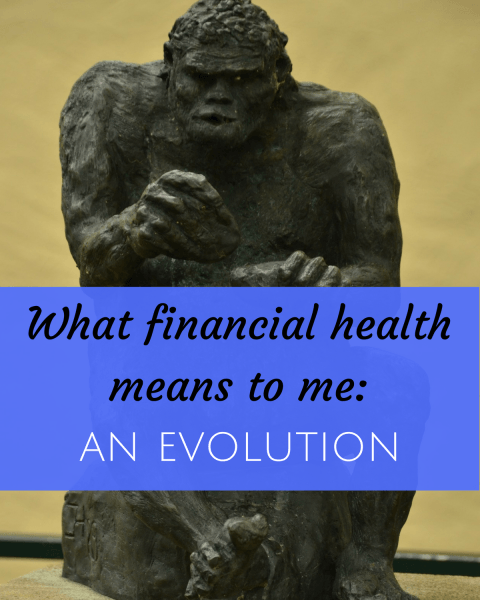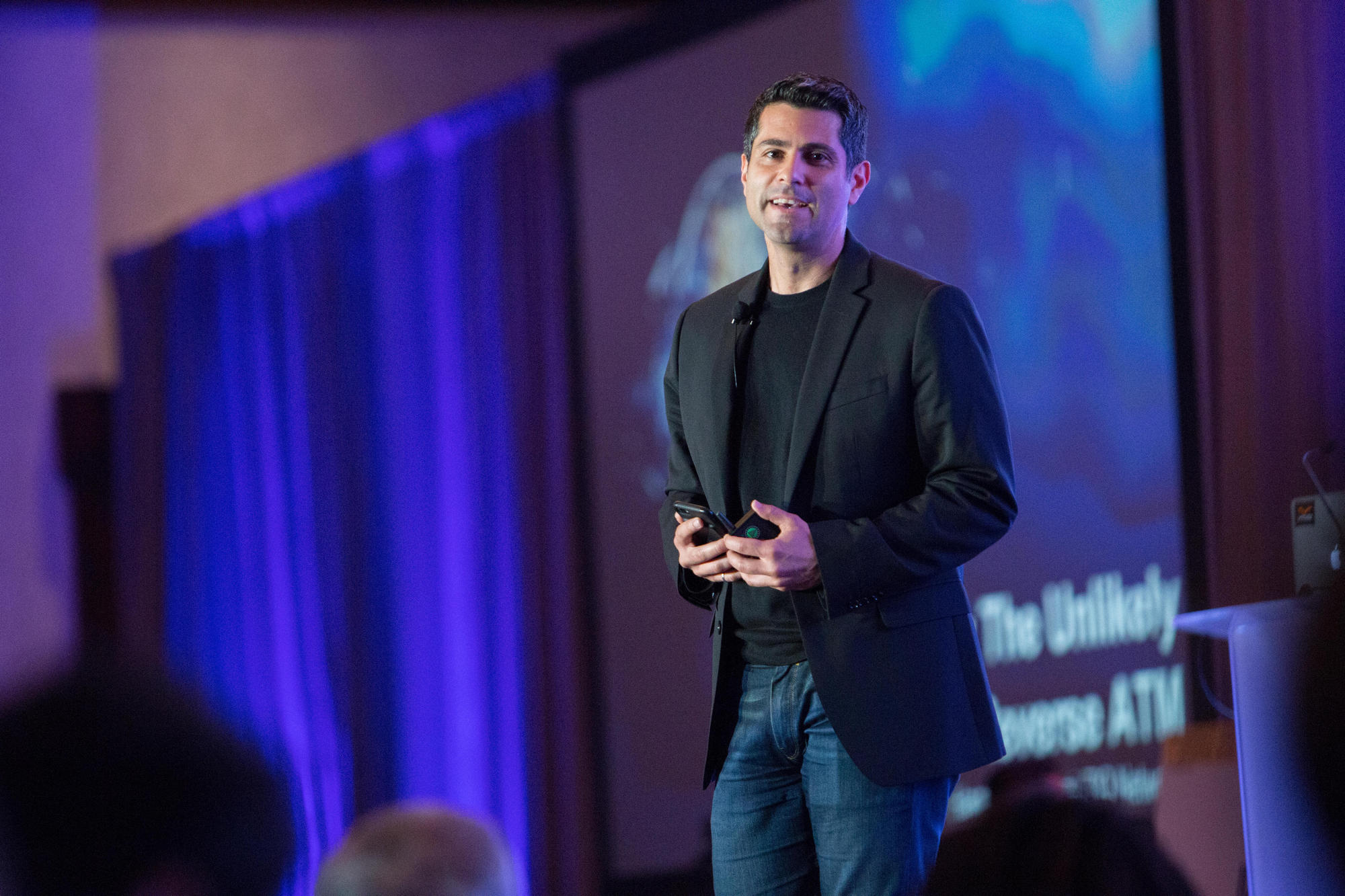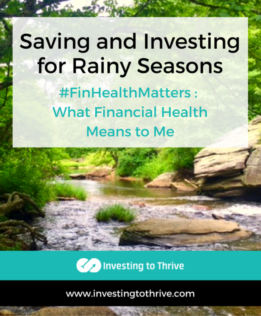Fintech Founder Q&A: Token Transit
A former software engineer at Google, Morgan Conbere had the chops to solve everyday problems using software development. He also knew there was one space that was ripe for improvement: public transit. In 2017, Conbere and a group of co-founders–Zachary Browne, Samuel Daly, and Ekaterina Kuznetsova–came together to create Token Transit, a platform that allows […]
Startups Say This Fintech ‘Lab’ Is Giving Them Needed Access to Wall Street and Regulators
Banks want to know what around the corner is trying to put them out of business, so it’s no surprise that a spate of fintech-focused accelerator programs has sprung into existence in recent years. For example, Deutsche Bank just opened its fourth innovation lab in New York this year, after opening outposts in Silicon Valley, […]
New Report on Consumer Data Sharing out From Financial Health Network
In our last blog about consumer data access, we discussed the challenges that startups face when it comes to accessing their users’ financial data in order to build innovative tools. Today, we’re back to share that the Financial Health Network has just published a new report on this topic: Liability, Transparency and Consumer Control in […]
Financial Solutions Lab Snapshot 2017: This Just In
Today, the Financial Health Network released its 2017 Snapshot paper. In this report, authored by members of the Financial Solutions Lab, we discuss the latest trends in fintech and provide an overview of the market segment as informed by our analysis of over 360 applications from 2017, the more than 1,000 applications in our first […]
#FinHealthMatters: Financial Panther
By The Financial Panther I like to think that I’m pretty financially healthy. At 30 years old, I’m in a fairly unique position. I’m currently debt free after paying off nearly six figures worth of student loans in just a few years. I’ve got a sizable emergency fund that should cover me in the event…
#FinHealthMatters: Surviving and Thriving
By Donna Freedman (FinCon and the Center for Financial Services Innovation are sponsoring a writing contest: “In 500 words, explain what financial health means to you.” Here are my thoughts.) My journey to financial health was entirely roundabout, and I didn’t get there until middle age. Financial survival, not financial health, was the focus of…
#FinHealthMatters: Lindsey B. Goodwin
By Lindsey B. Goodwin In 2013, a year when our family’s combined income put us in the top 5% of earners constituting America’s wealthy class, we found ourselves strapped for cash and debt-ridden. I had no idea that we were even considered more than middle class, as we outspent what we made each month and…
Are You in the Financial Health Business?
By Jennifer Tescher, CEO of Financial Health Network Whether they yet realize it or not, banks and other financial services companies are in the financial health business. That means they are in business to help their customers develop a strong day-to-day financial system that makes them resilient in the face of challenges and enables them…
The Unlikely Story of the Reverse ATM
By Financial Health Network Hamed Shahbazi is the Founder and CEO of Tio Networks, a multi-channel payment solution provider specializing in bill payment services and other financial services through a variety of automated self-serve, retail point-of-sale, mobile and web-based methodologies processing approximately 50M transactions worth roughly $6 billion in payments annually in the United States….
#FinHealthMatters: Investing To Thrive
By Julie Rains This article is inspired by Financial Health Matters Day (#FinHealthMatters). This article may contain affiliate links; there’s a possibility I could earn income when you click through one of these links and sign up for an account, make a purchase, etc. This article is written for entertainment purposes only and should not…
Fintech Founder Q&A: Dave.com
Everyone should have a friend they can turn to when they need someone to spot them a little cash. At least Jason Wilk thinks so, which is why he and his cofounders John Wolanin and Paras Chitrakar teamed up to build their fintech startup, Dave. Wilk is no stranger to the startup world, and Dave, […]
#FinHealthMatters: LifeZemplified
By Amy Blacklock Consumer debt and I had a thing. We started out on friendly terms. Early in our hookup, the fondness grew between us. Things got ugly a few years in. You see, I kept believing I could handle the love affair. I probably could have, except I became too dependent on the relationship….











